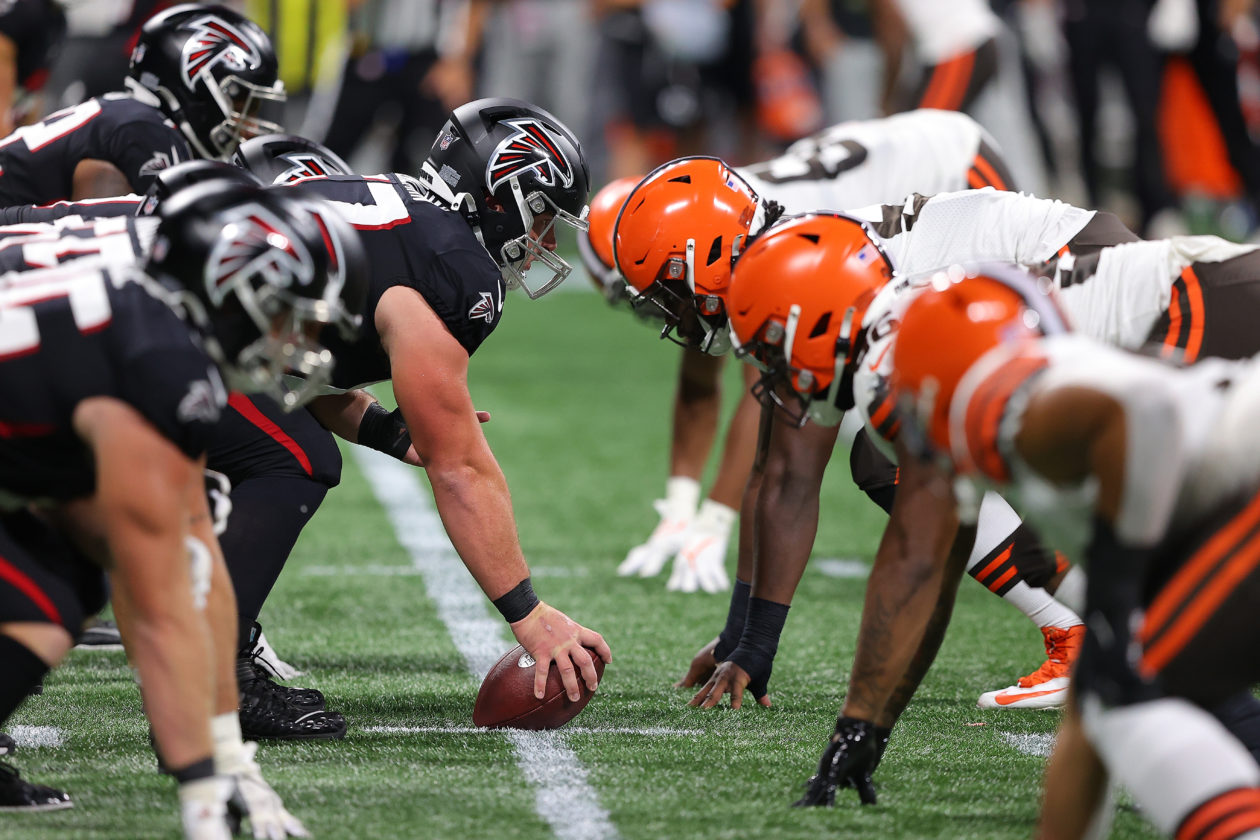The U.S. National Football League has prohibited its teams from selling sponsorships to cryptocurrency trading companies, according to a report by The Athletic citing anonymous club sources. NFL teams also are not allowed to sell non-fungible tokens (NFTs) until the professional football league figures out its official strategy for digital branding.
“Clubs are prohibited from selling, or otherwise allowing within club-controlled media, advertisements for specific cryptocurrencies, initial coin offerings, other cryptocurrency sales or any other media category as it relates to blockchain, digital asset or as blockchain company, except as outlined in this policy,” new NFL guidelines read, according to the report.
However, the policy allows teams to collaborate with crypto-adjacent businesses such as those that offer investment advisory or fund management services related to cryptocurrencies. But the advertising sponsorship rights have to be “limited to promoting the company’s corporate brands,” according to the report.
For the time being, the new policy allows NFL players to have crypto and blockchain sponsorships, according to a report by Benzinga. In April 2021, NFL top draft choice Trevor Lawrence signed a multi-year endorsement deal with crypto portfolio tracker Blockfolio, which was acquired by crypto exchange FTX last year for US$150 million.
FTX is a major player that stands to lose out if the NFL decides to restrict players from crypto sponsorships. The exchange is endorsed by NFL star Tom Brady, who picked up equity stakes in the company along with his supermodel wife Gisele Bundchen earlier this year. FTX has been on a sports partnerships rampage — the exchange has won the naming rights to Miami Heat’s National Basketball Association arena, inked a sponsorship deal with Major League Baseball and acquired naming rights for e-sports organization TSM.
Speaking with Forkast.News in July this year, FTX CEO Sam Bankman-Fried said sports partnerships are a no-brainer when looking to increase customers. Apart from elections and sports, there are few other areas that attract millions of people, he said.
In a more recent interview on Tuesday with Forkast.News, Bankman-Fried said he is not sure about how the NFL’s rules will affect FTX, but added the policy is likely to decide who owns the intellectual property rights to art or artifacts that could be used for NFTs. “You talk about who owns the IP to the league, to the players, to the players’ likeness, to plays, to props or equipment in the league or jerseys, teams, logos,” he said. “There’s a lot of different things that you could do NFTs with.”
It seems that other crypto businesses are thinking along the same lines. Crypto.com has also raked in a handful of sports partnerships including with Formula 1. But it’s not just the crypto businesses — sports leagues are also generating handsome incomes by selling NFTs. For instance, the National Basketball Association has launched NFTs called “Top Shots,” digital highlights from games that are unique to the buyer, which have brought in over US$675 million from sales.
So why is the NFL choosing to fall behind?
The NFL has a history of moving slowly when it comes to entering new areas. For instance, the league fought gambling for six years before it finally lifted the ban. Earlier this year, the league announced its first three official betting partnerships — Las Vegas entertainment venue Caesars, and sports gambling companies FanDuel and DraftKings.
The league lifted its ban on liquor advertising in 2017 but announced its first spirits sponsorship with Diageo, one of the world’s largest alcohol companies that owns Smirnoff Vodka, in June this year. Diageo’s ad on responsible drinking for Crown Royal’s Whiskey was the first liquor advertisement that aired during an NFL game in 2017 after the ban was lifted.
If the NFL’s treatment of gambling and liquor ads are any indication, it might be some time before the NFL lifts its ban on crypto sponsorships and NFTs. But Bankman-Fried is optimistic. “I also think that it’s pretty likely to be an evolving situation where there are many other players trying to understand the [crypto and NFT] space right now,” Bankman-Fried said. “I think they want to make sure they don’t dive into something without understanding it. And so I would still be surprised if there are no NFTs related to football at all in any way.”

